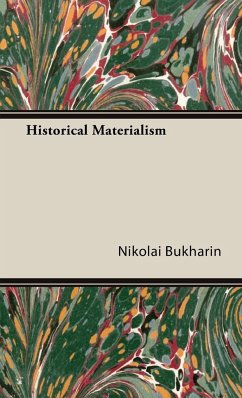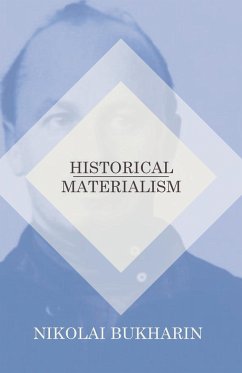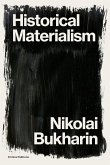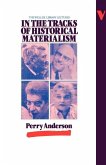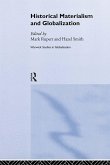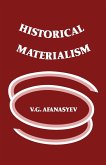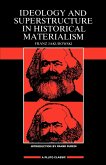This classic volume contains Nikolai Bukharin's 1928 treatise, "Historical Materialism". Nikolai Ivanovich Bukharin (1888-1938) was a Russian revolutionary, politician, and author. Bukharin was an important Bolshevik revolutionary, and spent six years with Lenin and Trotsky in exile. He wrote prolifically on the subject of revolutionary theory. This book will appeal to those with an interest in the Russian Revolution, and would make for a fantastic addition to collections of related literature. Contents include: "The Practical Importance of the Social Sciences", "Cause and Purpose in the Social Sciences (Causation and Teleology", "Determinism and Indeterminism (Necessity and Free Will)", "Dialectic Materialism", "Society", "The Equilibrium Between Society and Nature", "The Equilibrium Between the Elements of Society", etc. Many classic books such as this are becoming increasingly rare and expensive. We are republishing this volume now in an affordable, modern, high-quality edition complete with a specially commissioned new biography of the author.
Hinweis: Dieser Artikel kann nur an eine deutsche Lieferadresse ausgeliefert werden.
Hinweis: Dieser Artikel kann nur an eine deutsche Lieferadresse ausgeliefert werden.

